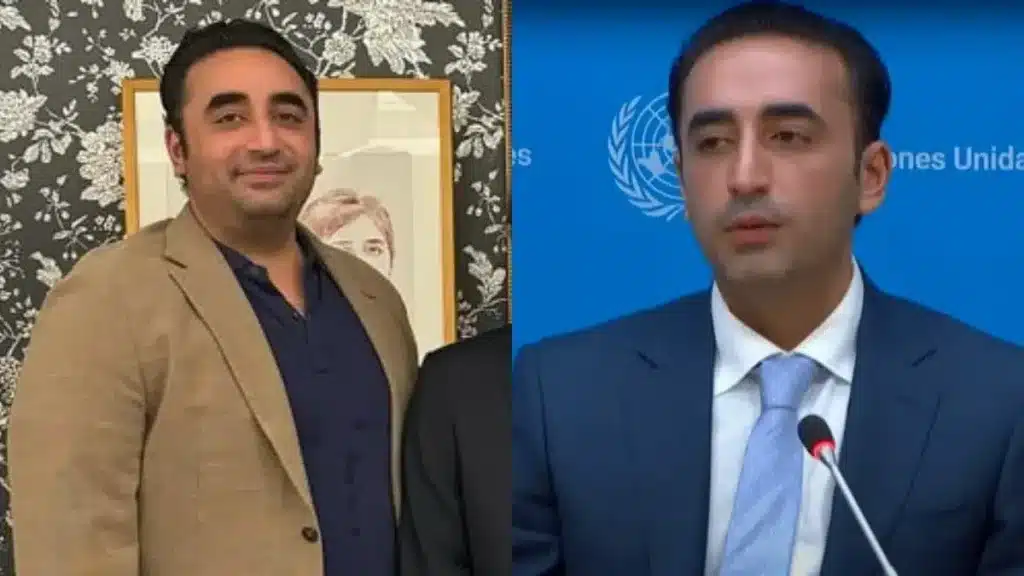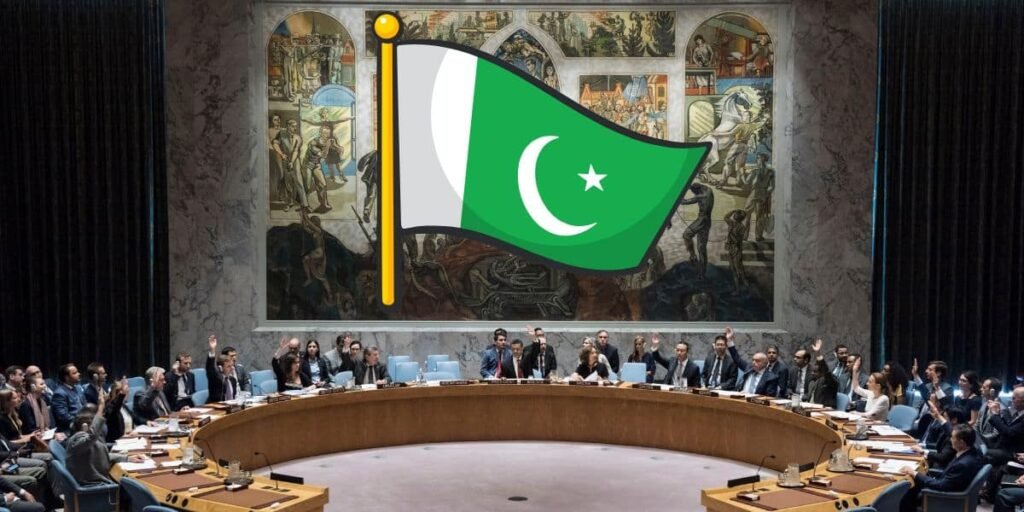In July 2025, a harrowing incident in Balochistan, Pakistan, brought the issue of honour killings into sharp focus. A viral video depicted the brutal murder of a young couple, Bano Bibi and Ahsan Ullah, allegedly executed for marrying against their families’ wishes. This tragedy has ignited national outrage and renewed calls for justice and reform.
The Incident
The couple was shot dead in broad daylight in the Deghari district of Balochistan. A disturbing video surfaced online, showing the woman declaring her legal marriage before being fatally shot, followed by the execution of her husband. The perpetrators reportedly filmed the footage themselves. Authorities confirmed the authenticity of the video, and the incident is being treated as an honour killing. The police investigation revealed that Bano Bibi and Ahsan Ullah were allegedly brought before a tribal leader, Sardar Sherbaz Khan, who declared them guilty of engaging in an “immoral relationship” and ordered their execution.
Immediate Response
Following the video’s circulation, Balochistan’s Chief Minister, Sarfraz Bugti, condemned the act as “painful” and “disgusting.” He vowed swift legal action and confirmed the arrest of 13 individuals, including a tribal elder, Sardar Satakzai, who allegedly ordered the killings. The provincial government initiated the investigation, as neither family reported the crime, prompting the state to act as the complainant. Notably, Bano’s brother is among those suspected of involvement, although he remains at large.
Legal Proceedings
An anti-terrorism court in Quetta extended the physical remand of Sardar Sherbaz, another tribal leader implicated in the case, for 10 days. The court also ordered the exhumation of Bano Bibi’s body to facilitate a thorough investigation. These actions signify a rare instance of accountability in a region where honour killings often go unpunished. The case has brought much-needed attention to the legal and political complexities of addressing such crimes in tribal areas.
Broader Context
Honour killings are tragically common in Pakistan, particularly in rural and tribal areas like Balochistan. The Human Rights Commission of Pakistan reported at least 405 such killings in 2024, though the actual number is believed to be higher due to underreporting. In Balochistan, 28 honour killings were documented in 2023, with the majority occurring in the Naseerabad district. These crimes are often sanctioned by tribal councils, or jirgas, which wield significant influence in the region. Tribal leaders, some of whom also serve as legislators, have historically defended such practices, citing tradition and cultural norms as justification. This duality between modern legal frameworks and traditional tribal codes contributes to the persistence of honour-based violence.
The connection between these murders and the ongoing conflict in Balochistan further complicates matters. The province, rich in minerals, has also seen decades of unrest between the government and ethnic Baloch separatists. This tension creates an environment where the state struggles to enforce its laws, especially in remote tribal areas, making women in Balochistan particularly vulnerable to violence.
Public Outcry and Activism
The viral video of the Balochistan killings sparked widespread condemnation across Pakistan. Human rights activists hailed the woman’s bravery, noting that she neither begged for her life nor showed any weakness. Social media platforms became a battleground for justice, with calls for stronger laws and enforcement to protect individuals from honour-based violence.
The incident has also prompted discussions about the role of social media in exposing such crimes and the need for greater accountability in both traditional and digital spheres.
The Path Forward
While the swift response to this particular case is commendable, it highlights a systemic issue that requires comprehensive reform. Experts advocate for dismantling parallel justice systems, strengthening law enforcement in tribal areas, and changing societal attitudes towards women’s rights and personal autonomy. Only through sustained efforts can the cycle of honour killings be broken, ensuring that individuals are not subjected to violence for exercising their fundamental rights.
Conclusion
The tragic deaths of Bano Bibi and Ahsan Ullah serve as a stark reminder of the dangers posed by rigid adherence to outdated traditions. Their story highlights the pressing need for legal reforms, societal change, and a steadfast commitment to human rights. As Pakistan grapples with this issue, the hope remains that justice will prevail, and such heinous acts will no longer be tolerated in the name of honour.






